EU sends more soldiers to Bosnia – Diepresse.com
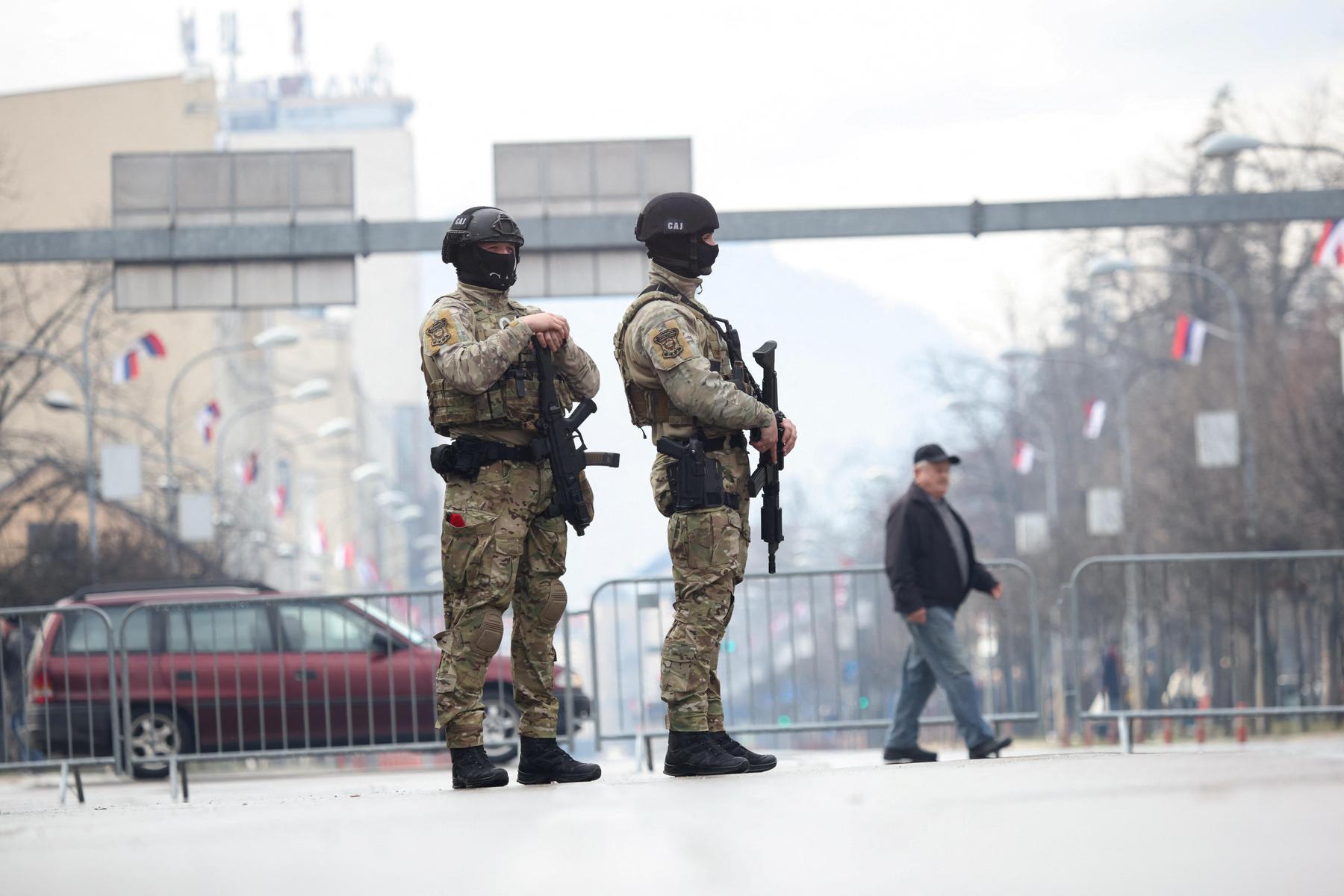
Because of the recent tensions in the country, the Eufor mission temporarily strengthens its strength. NATO General Rutte will visit Sarajevo.
In view of the recent tensions in Bosnia and Herzegovina, the EU-Mission Eufor announced a “temporary reinforcement” of their strength in place. It is a « proactive measure that aims to support Bosnia and Herzegovina in the interests of all of its citizens, » said the mission on Friday evening. The Eufor initially did not provide any information about the number of additional forces.
In addition, the NATO that Secretary General Mark Rutte will visit the Bosnian capital Sarajevo on Monday. On Friday, the Bosnian constitutional court had suspended a law signed by the Bosnian Serb leader Milorad Dodik, which rejects the authority of the overall -state Bosnian police and the judiciary within the republic Srpska, which is mainly inhabited by Bosnian Serbs. The decision of the Parliament of the Republika Srpska was a reaction to a court ruling against Dodik, which is due to disregarding the high representative of the U.N. had been sentenced to one year in prison.
As the Foreign Ministry in Vienna posted on X and Bluesky, Dodik's actions threatened the stability, constitutional order and the territorial integrity of Bosnia. “We are calling for a dialogue and respect for the decisions of the constitutional court. The rule of law and stability are of crucial importance for the country's EU course, which we support. «
Austria is also involved
The EU-led stabilization mission Eufor Althea currently has around 1,500 soldiers in Bosnia and Herzegovina. The Bundesheer with regular up to 700 relatives is also involved in the mission of Eufor Althea, which is supposed to ensure peace since the end of the Bosnia War. In addition, the Federal Army has operational reserve staff in a number of 200 for cases, as it has occurred. The Bosnian-Muslim representative of the three-person presidency of Bosnia and Herzegovina, Denis Bećirović, asked the Eufor to use their soldiers « at strategic points » in the country.
Bosnia-Herzegovina has been divided into the Republica Srpska, which was mostly inhabited by Bosnian Serbs, and the Croatian Muslim Federation of Bosnia and Herzegovina since the DayTon Agreement completed in 1995. The two semi -autonomous parts of the country are connected by a weak central government. Almost a third of the 3.5 million inhabitants of Bosnia live in the Republica Srpska, the area of which is almost half of the Balkan state. The influential office of a high representative of the UN as a guard about the peace treaty is also stipulated.
The law, which has now been exposed, had further tightened the already tense situation. The Srebrenica memorial in the Republika Srpska announced that it had closed its doors « until further notice ». Their leadership justified this with the uncertainty triggered by the continuing political crisis.
In the Bosnian city of Srebrenica, Serbian units murdered around 8,000 Muslim men and boys in the summer of 1995. The massacre is considered one of the worst war crimes in Europe since World War II and has been International Court of Justice (IGH), the highest UN court, classified as a genocide.
After Dodik's request to leave the Bosnian police and the judiciary, U.S. Foreign Minister Marco Rubio also warned of a destabilization of the region. Dodik's action against the central state institutions of Bosnia and Herzegovina threatens the « security and stability » of the country, Rubio explained « We call our partners in the region to join us and to act against this dangerous and destabilizing behavior, » added Rubio.
Dodik called Bosnian Serbs on Friday to leave their posts in the police and the judiciary and instead join the institutions of the Republika Srpska. A job was guaranteed while maintaining their rank, their position and their salary, said Dodik. He later emphasized that there was no plans for a violent escalation, but the part of the country he led had « the ability to defend itself, and we will do that too ».
Dodik had previously signed the law, which was later temporarily canceled by the constitutional court, with the police and judiciary of the Central State of Bosnia and Herzegovina from the Republika Srpska. With his signature, Dodik put regulations on Wednesday that Bosnian Serbs threaten up to five years in prison if they continue to work for the police or the judiciary of the central state.
With the law previously adopted by Parliament, the influence of the central government of the Balkan state in the area is intended to restrict. Parliament's push was a reaction to a court ruling against Dodik, which was sentenced to one year in prison for disregarding the influential high representative of the UN in Bosnia. (APA/AFP)

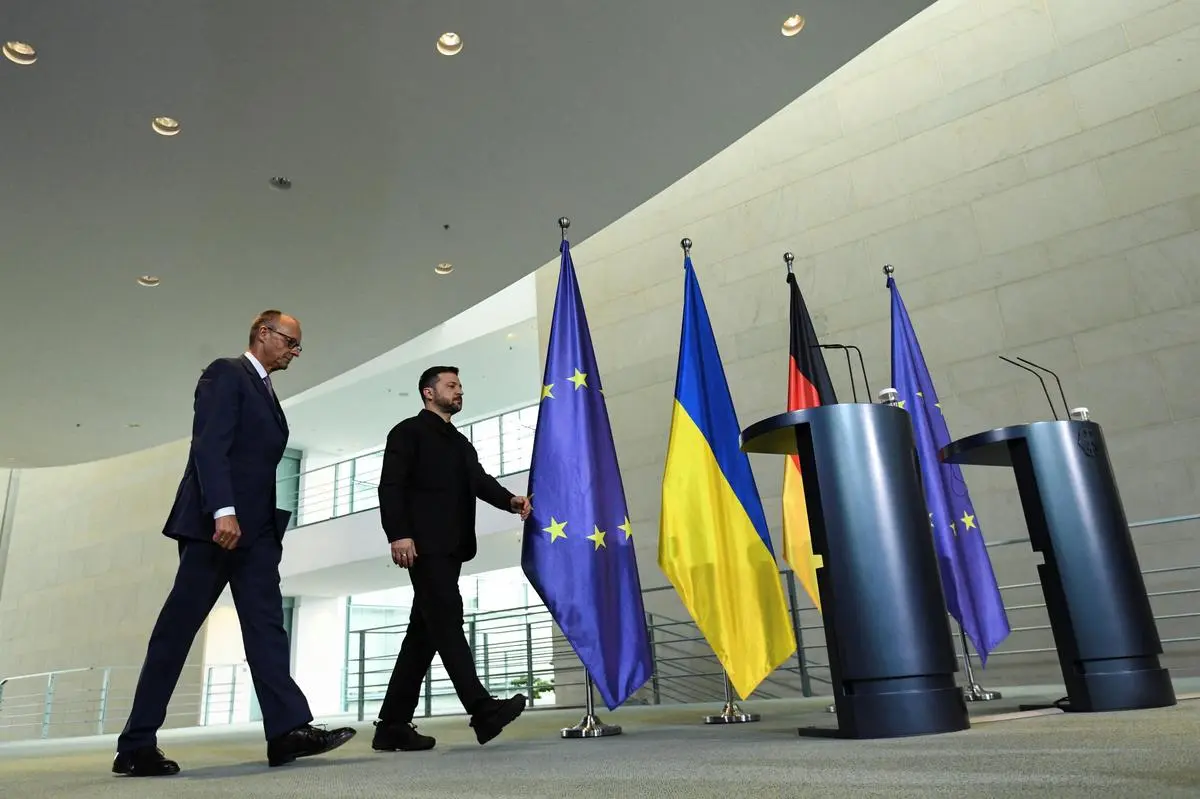


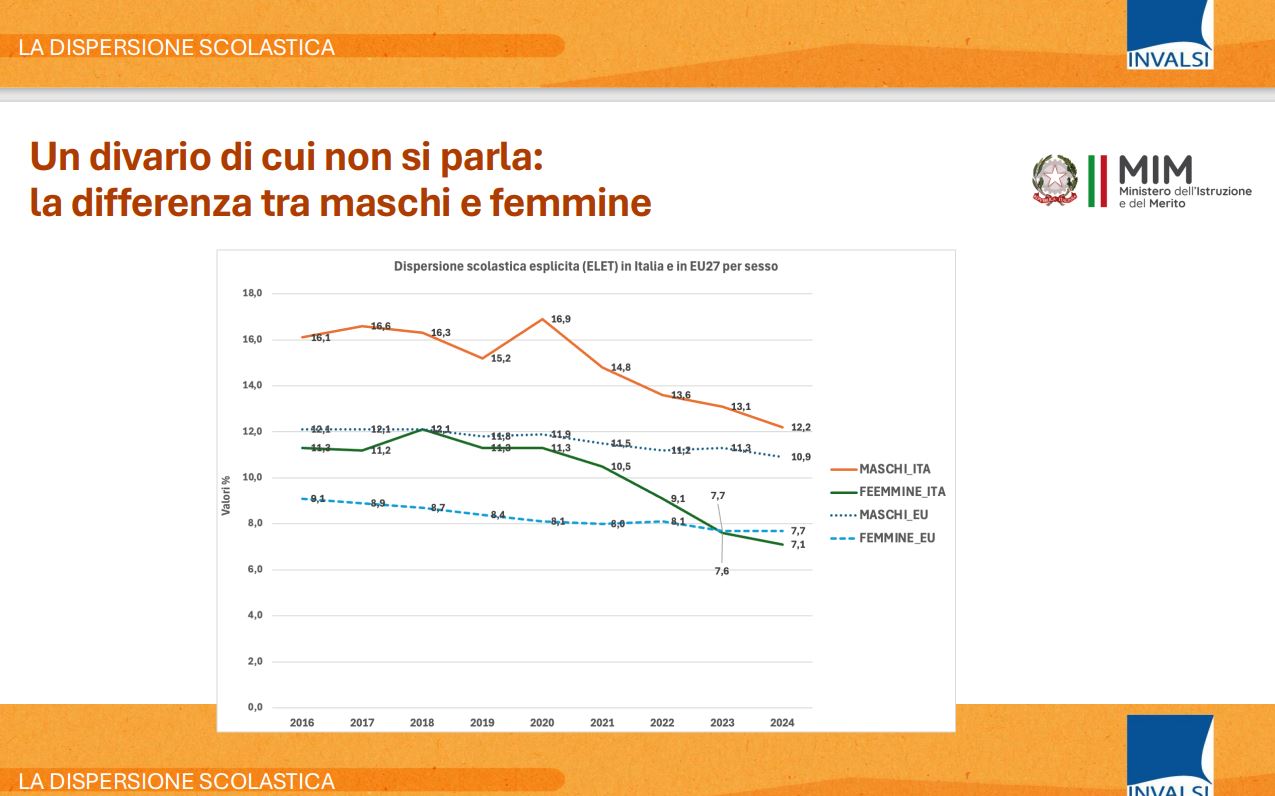
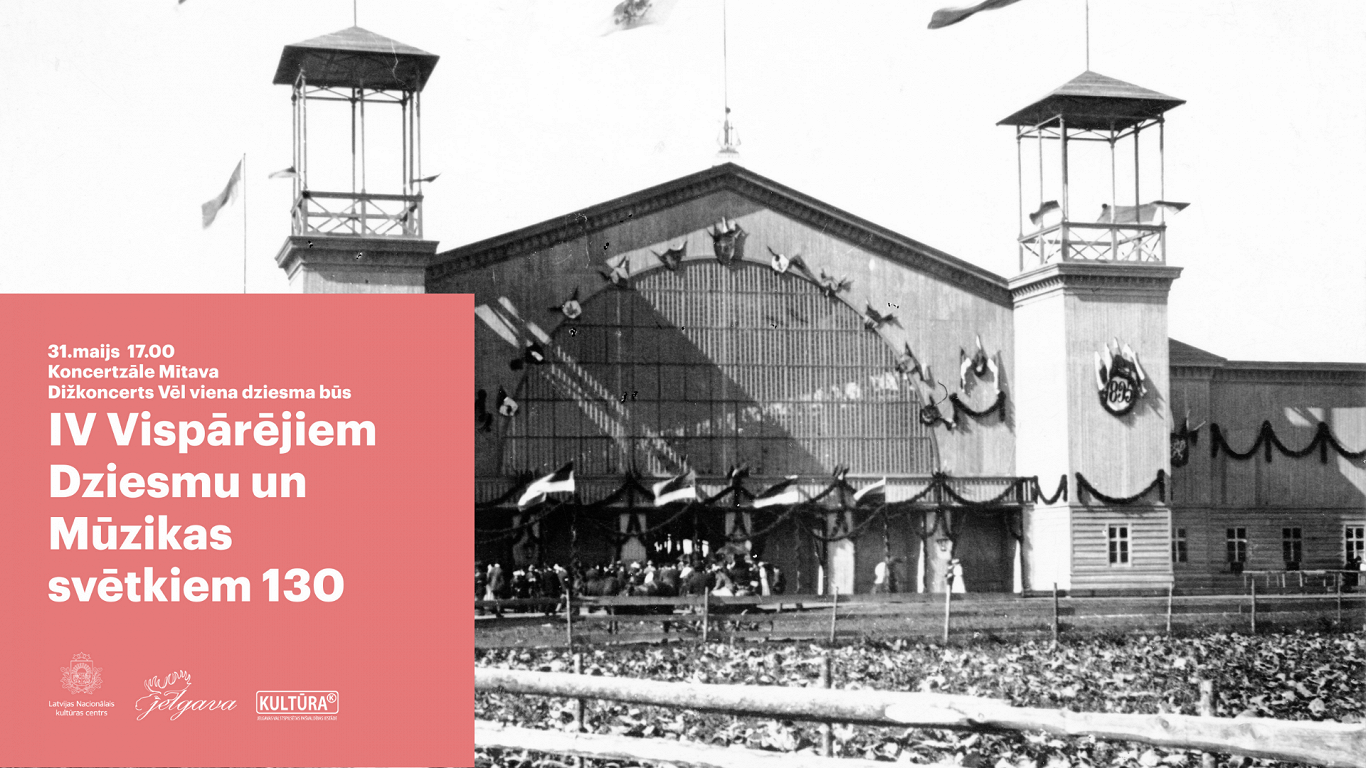
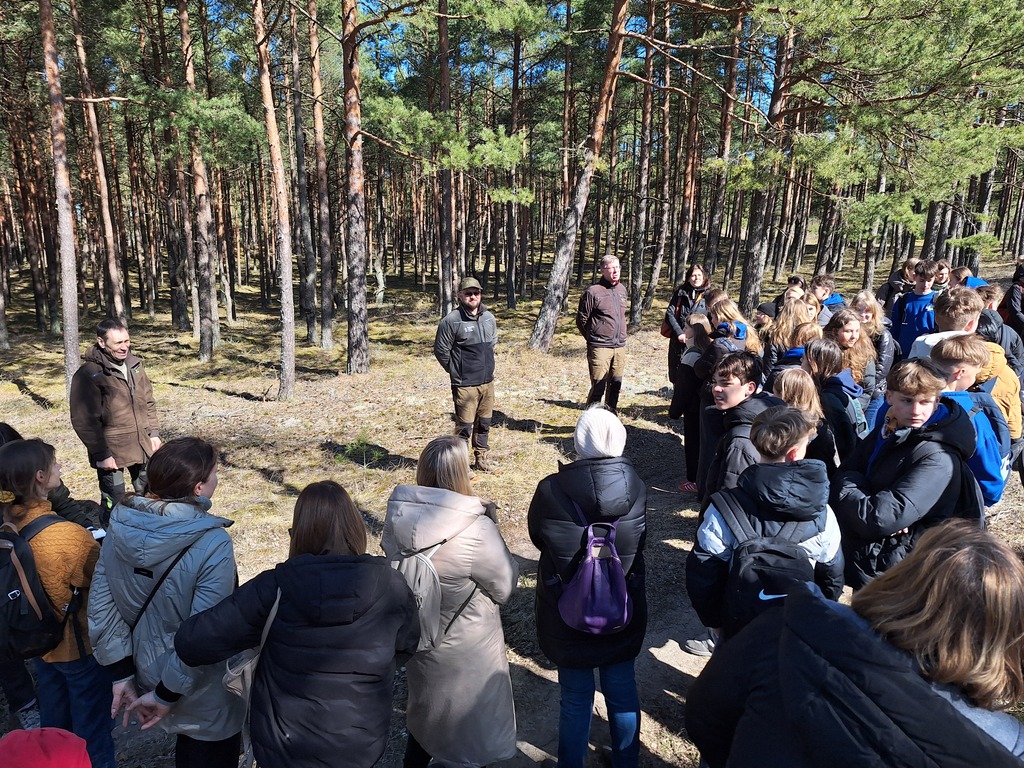
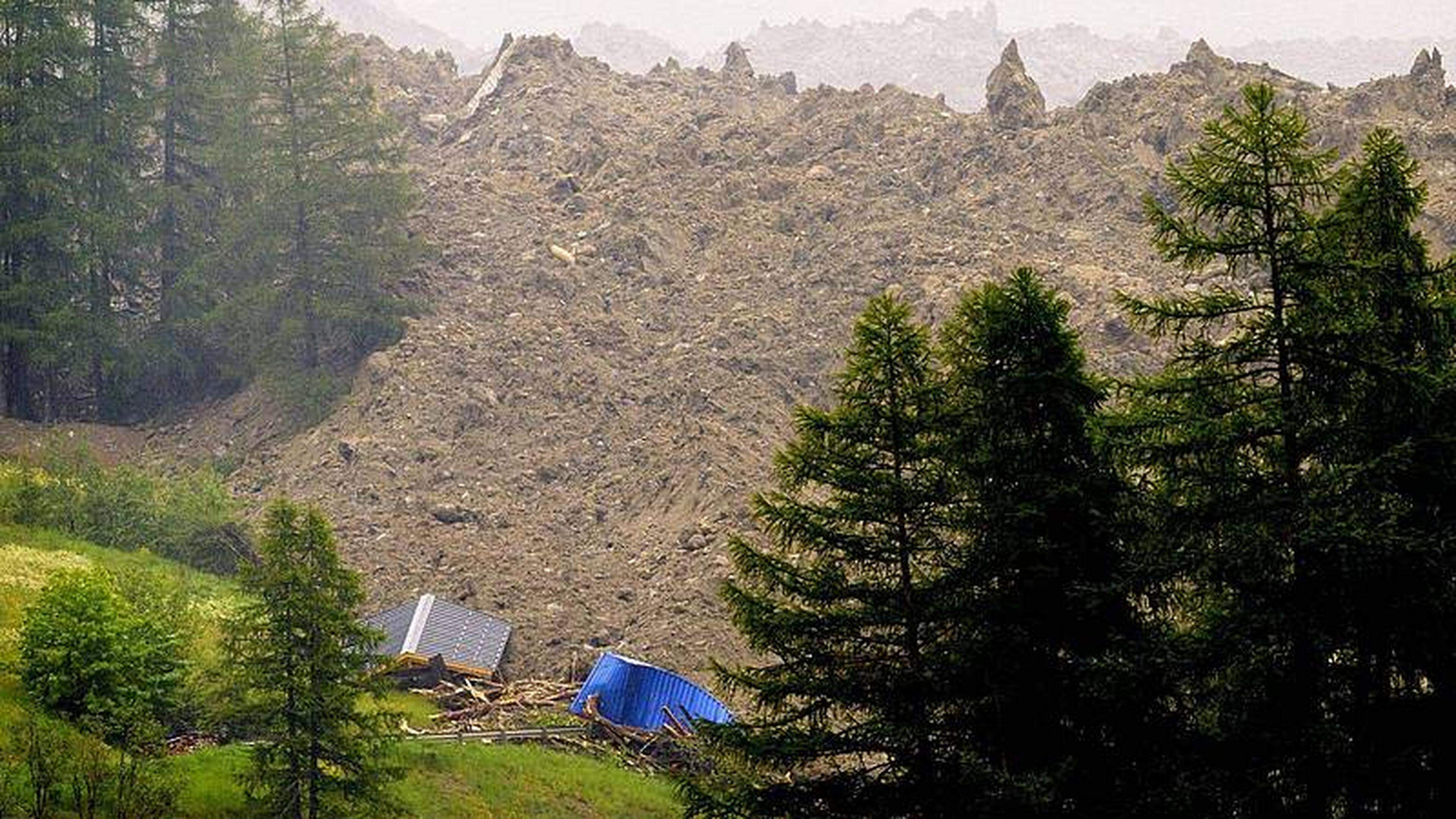
:format(webp)/s3/static.nrc.nl/bvhw/files/2025/02/data128661041-7cf9d7.jpg)